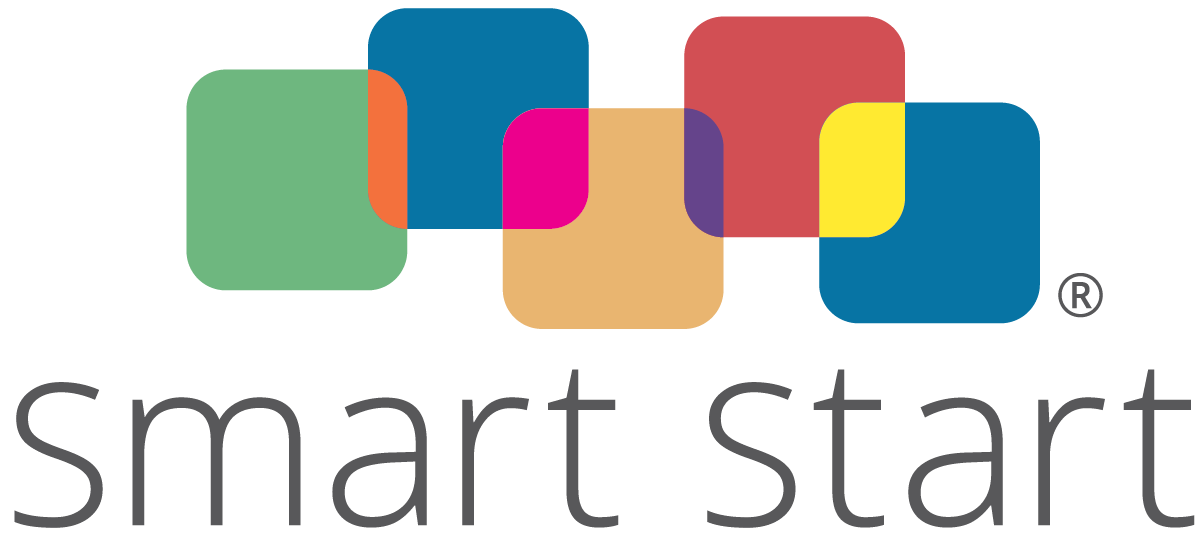NC Candidates for Governor Talk About Education

Governor Candidates Q&A
The Public School Forum recently reached out to candidates running in the November 2012 General Election for the office of Governor, Lieutenant Governor, and State Superintendent of Public Instruction asking for information regarding their views and plans for education in North Carolina. The information that follows in this report was provided directly from the candidates and reflects their goals for education in North Carolina. This week we highlight responses (in alphabetical order) from candidates for Governor.
Added by NCPC: Lt. Governor Walter Dalton speaks to the importance of early education.

Profession: Lieutenant Governor, Attorney
Q: What are your top three priorities for North Carolina’s public school systems?
A: My top priorities are 1) increasing student academic performance at all grade levels, 2) treating teachers as professionals and giving them the tools to teach 21st-century skills, and 3) aligning our education efforts with the job needs of the future by tying education to the student and to the workforce.
Q: How can public funds be best invested in public education? Please explain your opinion.
A: To maintain a globally competitive economy, North Carolina must continue investing in early childhood development and building a talented teacher corps.
The best education dollar spent is on early childhood education. Many studies have proven that we can build a globally competitive workforce by giving each child a solid foundation in their formative years. That’s why I have always supported Smart Start and helped expand the program to all 100 counties, and it’s why I believe we should extend pre-kindergarten to as many students as possible.
Another wise investment is teacher recruitment and training. We will not recruit the best and brightest minds to the teaching profession unless we treat teachers as professionals. North Carolina must work to move teacher salaries to the national average, continue to invest in Schools of Education, and fully fund innovative programs like the North Carolina Teaching Fellows. In the state Senate, I worked with Governor Hunt to increase teacher salaries to a competitive level and to fund Teaching Fellows.
Partisan ideology has jeopardized those educational investments. More than $900 million has been cut from our classrooms, nearly 1,000 educators lost their jobs, and the Teaching Fellows program was canceled. More proposals call for an additional $1 billion siphoned from our schools through vouchers and privatization, which would decimate our economy and our students’ futures.
As Governor, I will stand up for our children and our future. I will fight to restore funding to our early childhood programs, classrooms, and teacher training programs. I will push to move us to the national average on teacher salaries, to fund innovative and creative educational approaches, and to cut the dropout rate through customized learning.
Q: What is one piece of legislation regarding public education that you would like to see pass the General Assembly while you are in office?
A: I will fight for legislation that aligns our education system with 21st-century job needs. In an increasingly technological world, North Carolina must embrace innovative, creative approaches that customize learning and train students for new jobs.
North Carolina’s early college model is a shining example of innovative education. Early colleges are innovative, five-year programs managed by public schools and higher education partners. Students earn a high school diploma along with an associate’s degree or two years of college transfer credit. Early colleges up the academic rigor, save parents money, and have been proven to drastically decrease the dropout rate.
Early colleges have been among my top policy priorities. In the state Senate, I sponsored the Innovative Education Act, which laid the foundation for early colleges in North Carolina. The bill passed with bipartisan support. As Lieutenant Governor, I chaired the Joining our Businesses and Schools (JOBS) Commission, which worked to create specialized early colleges that align with 21st-century workforce needs.
As Governor, I will fight to expand access to the early college model to students in every county. There are currently 70 early colleges serving 10,000 students. Giving students in all counties the opportunity to participate in these innovative programs will allow us to train a more globally competitive workforce and to recruit jobs to our state.
Our work on early colleges has gained national recognition. The New York Times has said that North Carolina’s early college system should be a model for the nation. The National Association of Workforce Development Professionals honored me with its Public Policy Award, and the Southern Growth Policies Board honored my JOBS Commission with its Innovator Award.
As Governor, I will work to expand access to early colleges to every county and find new ways to provide customized learning experiences within all school systems. This is the only way North Carolina’s students will stay competitive with other states and countries – in student achievement and in the job market.
Q: Is there anything else you would like to add regarding your stance on education policy?
A: As Governor, I will work toward a future where quality education is the foundation for a strong, globally competitive economy. In North Carolina, we know the blueprint for success: investment in innovative, effective schools that align a globally competitive workforce with the jobs of the future. We must also keep our community colleges and universities strong, never eroding these catalysts for research and economic strength.

Profession: Homemaker
Q: What are your top three priorities for North Carolina’s public school systems?
A: I really only have one priority for NC government school system. I want to enable more parental choice through a taxpayer choice scholarship plan. Any NC taxpayer can receive a tax credit against his or her tax liability by providing a scholarship for any NC child to attend any school. As hard as I know schoolteachers work to bring quality education to the students in their classrooms, the model under which they work, a monopoly government school system, is not the best way to deliver education. Parents are the customers and we seem to forget that. Parents should have more options. With implementation of more choice, a lot of our current problems would be fixed, but until choice comes about, my second priority would be to look for a better way to measure success that does not involve the endless testing that we currently do. Third priority would be to see that more dollars make it into the classroom.
Q: How can public funds be best invested in public education? Please explain your opinion.
A: The main change I would push for under the current education system is to reduce the layers and layers of bureaucracy and see that “public funds” are invested in teachers and students. Bureaucrats and legislators don’t educate anyone.
Q: What is one piece of legislation regarding public education that you would like to see pass the General Assembly while you are in office?
A: I will advocate for a taxpayer choice scholarship plan that allows any taxpayer to receive a tax credit for providing a scholarship for a child to attend any school.
Q: Is there anything else you would like to add regarding your stance on education policy?
A: A monopolistic one-size fits all approach is not an effective way to provide education to the many children in North Carolina. Children come with a multitude of needs and learning styles. Parents need more options to address these unique needs. With increased competition, all forms of schooling, public and private, will improve.

Profession: Former Mayor of Charlotte
Q: What are your top three priorities for North Carolina’s public school systems?
A: 1) Improve the Graduation Rate: North Carolina high schools are failing to graduate 22% of our students. We must give North Carolina families and students additional paths to success so our students can realize their potential.
2) End Social Promotion: We must stop social promotions for third grade students and create a “tough-love” strategy to improve literacy at this crucial time in their education.
3) Reward Success and Hold Schools Accountable: We must reward good teachers for the job that they do while grading our schools based on student achievement in reading and mathematics.
Q: How can public funds be best invested in public education? Please explain your opinion.
A: My siblings and I all attended North Carolina public schools, so I passionately believe that every child in our state deserves the same great opportunity for the quality education we received in the public schools. Our children’s education is responsible for creating North Carolina’s future leaders and productive citizens.
I believe school reform is not all about the money; it is about the results. I believe that we must implement reforms to improve student achievement while growing our economy to produce the resources for the state to adequately invest in education.
Q: What is one piece of legislation regarding public education that you would like to see pass the General Assembly while you are in office?
A: North Carolina’s public education system needs major reforms. The primary goal of those reforms must be to empower students to grasp control of their adult lives by providing them the necessary skill set to get a job. Twenty percent of our students are failing to graduate, and far too many employers today report high school graduates are unable to complete a job application or calculate change for money. An important aspect of increasing career readiness is improving vocational training in our high schools.
I think there are two successful career paths. Instead of the present system of providing only one pathway to a high school diploma, we need to reform the system and provide two. One diploma would certify a student college ready, with the necessary skills to succeed in college. The second diploma would certify a student career ready, with the necessary skills to get a job or attend a community college.
Q: Is there anything else you would like to add regarding your stance on education policy?
A: We will never be satisfied until we transform our public schools into centers of excellence. We cannot achieve excellence by simply spending more money on a broken system; we must make major reforms. Our primary goal must be to empower students to grasp control of their adult lives by providing them the necessary skill set to get a job.


